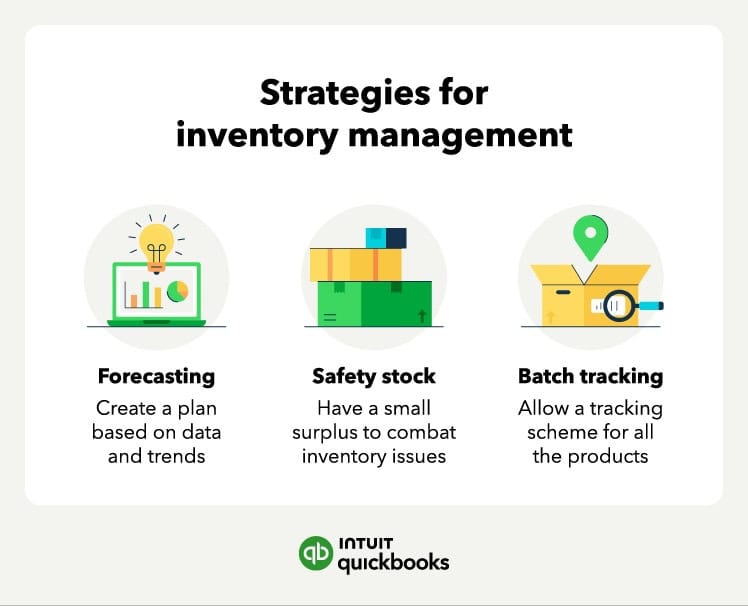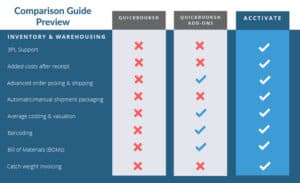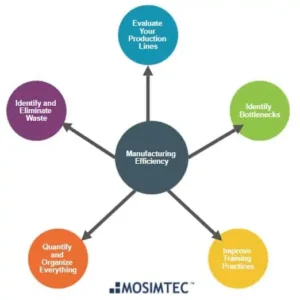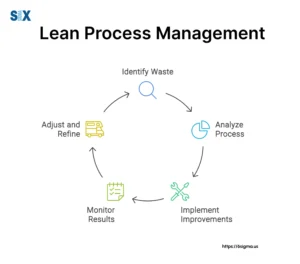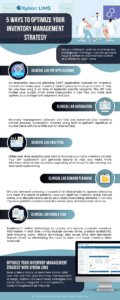Optimize Your Business with the Right Inventory Tools
Enhance your operational efficiency by using advanced tools that manage stock levels, improve production workflows, and integrate seamlessly with your existing systems.
Introduction: Why Inventory Tools are Essential for Business Growth
Managing inventory is one of the most challenging aspects of running a business. Whether you’re dealing with physical products or digital assets, efficient inventory management ensures that you meet customer demand, optimize production, and keep costs under control. Inaccurate or inefficient inventory management can lead to stockouts, overstocking, and lost revenue. This is why investing in the right inventory tools is crucial for business growth.
In this article, we will introduce the Inventory category and three key subcategories: Inventory Tools, Production Management, and ERP Integration. By implementing these tools, businesses can optimize their supply chain, improve production processes, and seamlessly integrate operations across departments.
1. Inventory Tools: Track and Manage Stock with Ease
Inventory tools are the backbone of any product-based business. These tools help track stock levels, automate reordering, and manage multiple warehouse locations. With real-time data, businesses can make informed decisions about when to reorder, what to discontinue, and how to allocate resources.
Key Features of Inventory Tools:
- Real-time Stock Updates: Ensure that stock levels are accurate across all channels, reducing the risk of stockouts or overstocking.
- Multi-Channel Inventory: Manage inventory across multiple platforms, such as your website, retail store, or online marketplaces like Amazon or eBay.
- Automated Reordering: Set triggers for automatic reordering when stock reaches a certain threshold, reducing manual labor and the risk of running out of stock.
Pro Tip: Tools like TradeGecko and Zoho Inventory provide real-time stock tracking and integrate well with major ecommerce platforms like Shopify and WooCommerce.
2. Production Management: Streamline Your Manufacturing Process
For businesses involved in manufacturing, production management tools are essential to streamline workflows, reduce waste, and improve efficiency. These tools allow you to track production stages, manage raw materials, and ensure that everything is running smoothly from start to finish.
Benefits of Production Management Tools:
- Work-in-Progress Tracking: Monitor production stages in real-time, ensuring that each process is completed on time and identifying potential bottlenecks.
- Raw Material Management: Track the availability of raw materials and ensure they are allocated efficiently to avoid production delays.
- Shop Floor Control: Manage resources and schedules at the shop floor level to ensure maximum productivity and minimal downtime.
Pro Tip: For manufacturing-heavy businesses, tools like Katana or Fishbowl Inventory provide comprehensive solutions that allow for seamless production tracking and raw material management.
3. ERP Integration: Ensure Cohesion Across Business Operations
Enterprise Resource Planning (ERP) integration is crucial for businesses looking to unify their operations. ERP systems integrate all core business functions—such as finance, inventory, production, and human resources—into one platform, allowing for better data visibility and collaboration across departments.
How ERP Integration Improves Efficiency:
- Unified Data: Centralize all business data in one platform, ensuring accurate and up-to-date information for decision-making across the board.
- Automated Workflows: Automate tasks that span multiple departments, such as inventory restocking and invoicing, reducing manual errors and delays.
- Scalability: As your business grows, ERP systems allow you to scale your operations without the need for multiple disconnected systems.
Pro Tip: Tools like NetSuite and Odoo offer powerful ERP solutions that can integrate with inventory management systems, ensuring seamless communication between departments and providing valuable insights into business operations.
Conclusion: Optimize Your Inventory for Business Success
Managing your inventory efficiently is key to ensuring the smooth operation and growth of your business. By leveraging the right Inventory Tools, Production Management systems, and ERP Integration, you can streamline your workflows, reduce waste, and optimize your supply chain. These tools provide the data and insights you need to make informed decisions, ensuring that your business stays competitive in today’s fast-paced market.
Ready to take control of your inventory and production processes? Start exploring these tools today and set your business up for long-term success.
FAQs
What are the best inventory tools for small businesses?
Popular inventory tools for small businesses include TradeGecko, Zoho Inventory, and Veeqo. These platforms provide real-time stock tracking, multi-channel inventory management, and automated reordering features.
How do production management tools improve efficiency?
Production management tools allow businesses to track every stage of the production process, manage raw materials, and optimize workflows, ensuring that production is completed on time and with minimal waste.
What is ERP integration, and why is it important for growing businesses?
ERP integration unifies all core business operations—such as finance, inventory, production, and HR—into one platform. This provides better data visibility, improves collaboration between departments, and allows businesses to scale more easily.
How do I choose the right inventory management tool for my business?
Choose an inventory management tool that fits your business’s size, industry, and sales channels. Look for features like real-time stock tracking, multi-channel integration, and automated reordering.
Can ERP systems integrate with existing inventory tools?
Yes, many ERP systems, such as NetSuite and Odoo, offer integrations with popular inventory management tools. This ensures that all your data flows seamlessly between departments, improving efficiency and decision-making.
Keywords: Inventory Tools, Production Management, ERP Integration, inventory tracking, stock management, manufacturing tools, enterprise resource planning, supply chain optimization.

